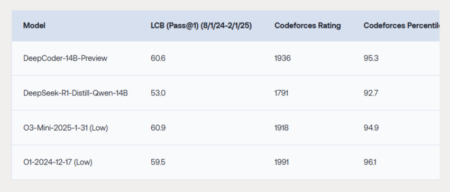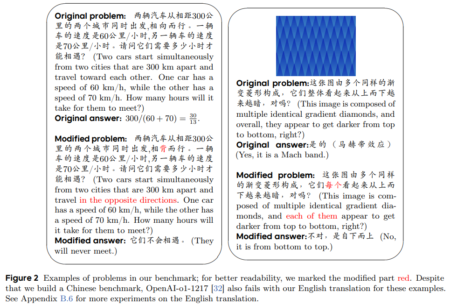The Laravel Test Assertions package is a set of helpful assertions for testing Laravel applications. The post Laravel Test Assertions…
Development
To address the growing challenges posed by cyber threats and digital fraud, the Bank of Thailand (BOT) and Bank Negara…
A recently uncovered SureTriggers vulnerability has put more than 100,000 websites at risk, highlighting once again how critical plugin security…
Cybersecurity researchers have found that threat actors are setting up deceptive websites hosted on newly registered domains to deliver a…
Palo Alto Networks has revealed that it’s observing brute-force login attempts against PAN-OS GlobalProtect gateways, days after threat hunters warned…
Will you be shedding a tear for the cybercriminals? Read more in my article on the Tripwire blog. Source: Read…
What are IABs? Initial Access Brokers (IABs) specialize in gaining unauthorized entry into computer systems and networks, then selling that…
A new exploit, traced to a MorphoBlue vulnerability, has resulted in the theft of $2.6 million. The breach, which occurred on…
The threat actor known as Paper Werewolf has been observed exclusively targeting Russian entities with a new implant called PowerModul.…
The demand for intelligent code generation and automated programming solutions has intensified, fueled by a rapid rise in software complexity…
This hands-on tutorial will walk you through the entire process of working with CSV/Excel files and conducting exploratory data analysis…
In recent years, the rapid progress of LLMs has given the impression that we are nearing the achievement of Artificial…
Recent advancements in LLMs have significantly enhanced their reasoning capabilities, particularly through RL-based fine-tuning. Initially trained with supervised learning for…
As AI adoption increases in digital infrastructure, enterprises and developers face mounting pressure to balance computational costs with performance, scalability,…
Data privacy comes with a cost. There are security techniques that protect sensitive user data, like customer addresses, from attackers…
A newly disclosed high-severity security flaw impacting OttoKit (formerly SureTriggers) has come under active exploitation within a few hours of…
Ever wondered how large language models like ChatGPT are actually built? Behind these impressive AI tools lies a complex but…
Interactive Kiosk System at Thurzo House Museum, Banská Bystrica powered by Total.js Platform. Source: Read MoreÂ
Comments Source: Read MoreÂ
This guide will walk you through building a small application step-by-step, focusing on integrating several powerful tools and concepts…


















